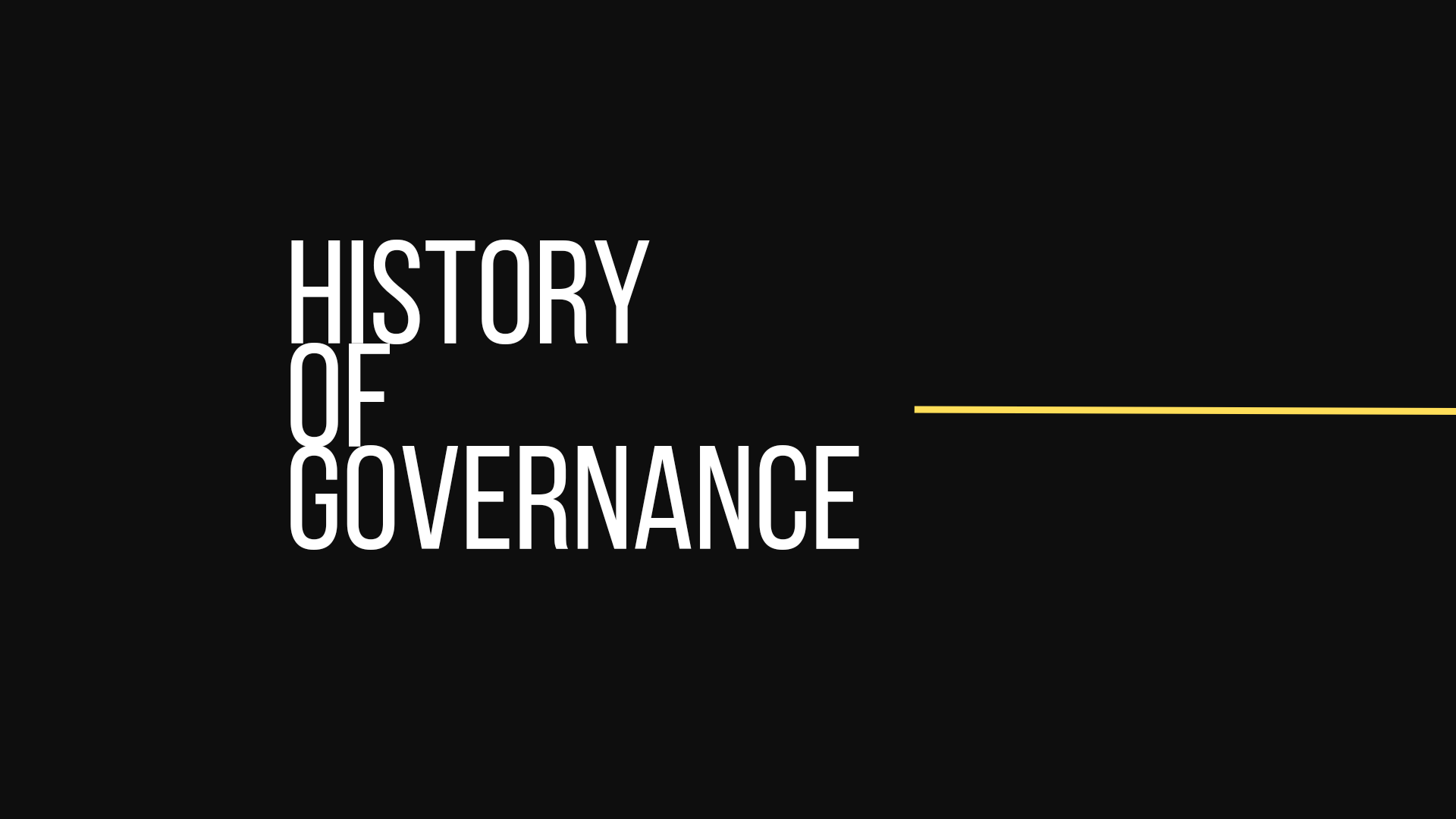Copyright @ 2023 www.digimitr.com. All rights reserved.

History of Governance
Governance refers to the process of decision-making, policy implementation, and management of resources in a society or an organization. The history of governance can be traced back to ancient times when early civilizations developed systems of governance to manage their affairs. Over time, governance evolved and became more complex, responding to changing societal needs and technological advances. In India, the evolution of governance can be traced back to the Indus Valley Civilization, which is one of the oldest civilizations in the world.
History of Governance:
The history of governance can be divided into several periods, each marked by different forms of governance.
Ancient Governance:
In ancient times, governance was characterized by monarchies and empires, where the ruler had absolute power and authority over the people. The earliest examples of governance in India can be found in the Indus Valley Civilization, which had a sophisticated system of urban planning and management. The Mauryan Empire (322 BC – 185 BC) was one of the earliest and most significant empires in India, which established a centralized system of governance, with the emperor acting as the ultimate authority. The empire also had a well-organized administrative system, with officials responsible for managing different aspects of governance.
Medieval Governance:
During the medieval period, India saw the emergence of several kingdoms and sultanates, each with its own system of governance. The Delhi Sultanate (1206 – 1526) was one of the most significant sultanates in India, which introduced Islamic law and culture to the region. The sultanate had a centralized system of governance, with the sultan as the ultimate authority. The Mughal Empire (1526 – 1857) was another significant empire in India, which established a system of governance that combined the principles of Islamic law with local customs and traditions. The empire had a sophisticated administrative system, with officials responsible for managing different aspects of governance.
Colonial Governance:
In the 18th and 19th centuries, India came under British colonial rule, which had a profound impact on the country’s governance. The British introduced modern forms of governance, such as a centralized bureaucracy, a professional civil service, and a system of courts. However, the colonial system of governance was designed to serve the interests of the British Empire, rather than the people of India. The Indian National Movement emerged in the early 20th century, calling for the end of British colonial rule and the establishment of an independent India.
Modern Governance:
India gained independence from British colonial rule in 1947, and since then, the country has been governed by a democratic system. The Constitution of India, which was adopted in 1950, established a federal system of governance, with a central government and state governments. The Constitution also enshrined fundamental rights and freedoms, and established an independent judiciary to ensure the rule of law. Since independence, India has made significant progress in various aspects of governance, including economic development, social welfare, and political stability.
Development of Governance in India:
The development of governance in India can be divided into several phases, each marked by different challenges and opportunities.
Pre-Independence Era:
During the pre-independence era, India was under British colonial rule, which had a profound impact on the country’s governance. The British introduced modern forms of governance, such as a centralized bureaucracy, a professional civil service, and a system of courts. However, the colonial system of governance was designed to serve the interests of the British Empire, rather than the people of India. The Indian National Movement emerged in the early 20th century, calling for the end of British colonial rule and the establishment of an independent India.
Post-Independence Era:
India gained independence from British colonial rule in 1947, and since then, the country has been governed by a democratic system.





